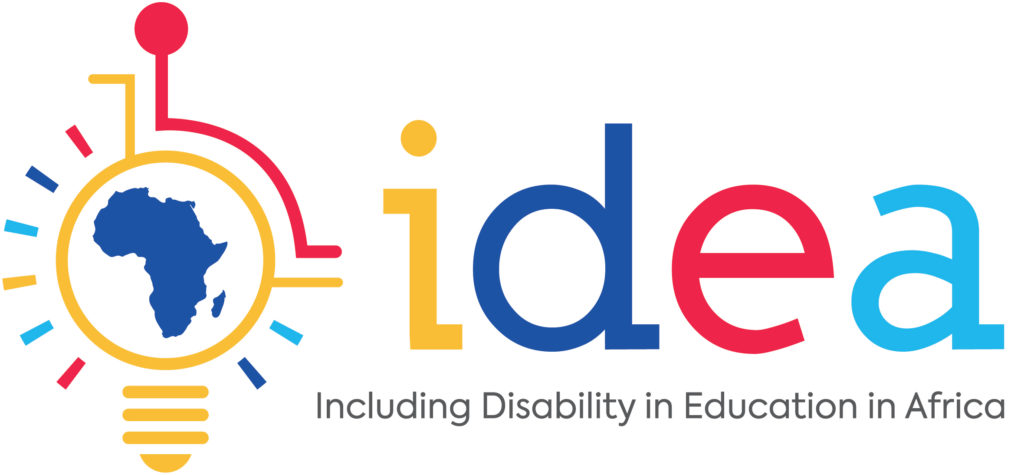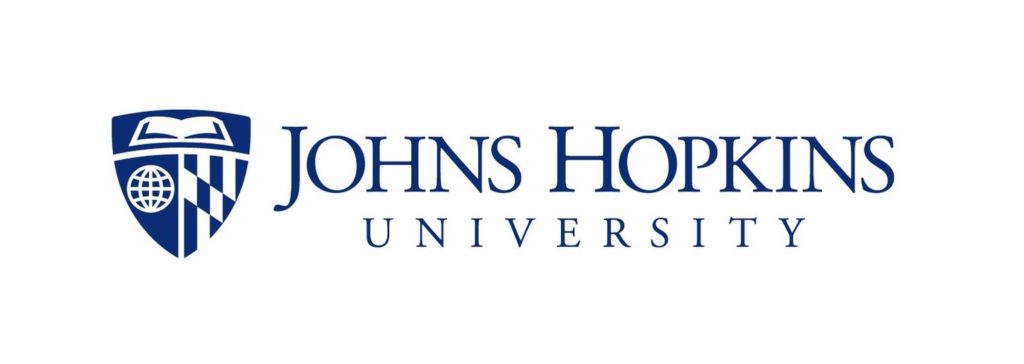Promoting UDL principles and strategies for inclusive learning: The Redesigning Blended Courses Project at the University of Cape Town
By: Lauren Butler,Tess Cartmill 1, Amani Karisa 2 Thomas King 1 Judith McKenzie (Director: IDEA), Chantal Samuels 2, Widad Sirkhotte 1, Janet Small 1 (Project leader), Nokuthula Vilakati 1*
Background
The context of higher education in South Africa is highly contested in the post-apartheid era. It is perceived as an arena in which historical inequality should be addressed and as a gateway into economic prosperity for its graduates. However, neither of these areas have been satisfactorily addressed as student protests in the past few years have vividly demonstrated. Teaching and learning at the University of Cape Town was disrupted due to student demands for increased access and participation through the #Rhodesmustfall and #Feesmustfall student protests. While fees and racial transformation were a major focus, the protests also campaigned for the development of the curriculum to promote social justice in the African context.

However, the closing down of in-person teaching during the public health national lockdowns since 2020 has highlighted existing inequality on the higher education agenda even more starkly. The COVID 19 crisis, which required South African universities to respond with ‘emergency remote teaching (ERT)’, revealed the painful social inequalities around living conditions, access to devices and internet connectivity inscribing old racial and economic exclusions (Czerniewicz et al, 2020). Across the world, teachers and commentators have been highlighting the differential impact on students’ capacity to keep learning which exacerbates existing disadvantages.
Whilst educators initially saw ERT as a temporary hold pattern with a future return to the old normal, we now realize that teaching and learning cannot be the same, and that trying to go back would be regressive because what we had was not working for many students. The University of Cape Town’s (UCT) future vision commits our institution to curriculum revisions which include the incorporation of blended learning and educational technology in ways which provide all students with more meaningful and interactive learning experiences. We have come to realize that ERT is not sufficient to address student needs and that a considered and well-planned to blended learning is called for. As we move toward intentionally designed blended models, we see an urgent need for easy-to-apply inclusive learning design that intentionally addresses educational inequity. In this project we have adopted the approach of universal design for learning (UDL) to guide the redesign of courses for the new normal.
The university recognizes this imperative by supporting a three year project: The promotion of inclusive digitally-enabled education through the redesign of blended courses which is funded by the national Department of Higher Education and Training. In this project, course models will be developed to provide greater flexibility and cater to a greater diversity of student learning needs by incorporating UDL principles. Intentional design will assist by emphasizing the need for a variety of learning materials and activities to cater for diverse student contexts, different learning needs (including disability), and digital literacies. Incorporating the UDL principles will increase accessibility, and cater for a variety of contextual barriers and challenges (e.g. power outages, data costs and poor connectivity) as well as supporting student choices.
What we’re doing
Partnership approach
The project is led by the Centre for Innovation in Teaching and Learning (CILT) and draws on expertise locally and internationally through partnering with the Including Disability in Education in Africa research unit (IDEA) for assisting with the development of flexible and locally appropriate course models. IDEA is generating materials for advocacy promoting asset-based pedagogies and focusing on developing students as expert learners.


The Disability Services Unit also sits on the project committee and offers advice and resources on the accessibility considerations in technology for students with disabilities. The project aims to make use of existing resources, to develop support for teaching staff in redesigning courses and promoting the use of UDL principles in a variety of blended course designs.
Learning from others
Our team is tapping into the resources of CAST and learning from existing initiatives such as the Johns Hopkins University’s ‘Hopkins Universal Design for Learning (HUDL) project’; we also work with academics from the USA who consult to the project though IDEA.


Edtech advisors
A group of senior postgraduate students have been recruited to serve as Edtech Advisors. CILT learning designers developed and ran a customized training programme for the Edtech advisors to explore how technologies are being used in supporting teaching and learning. This training combines knowledge, practical, hands-on skills development, critique, and reflection on inclusive learning through the Universal Design for Learning (UDL) framework.
The Edtech Advisors will support teaching staff to create inclusive, accessible and multi-media rich learning materials and activities, based on UDL principles which are aimed at enhancing student access and inclusion.
The project includes working with the Education Development Unit in the Humanities Faculty in training their Teaching Assistants (TA). Part of their training includes looking at pedagogies of care (which focus on promoting well being) and pedagogies of discomfort (which build resilience to navigate exclusion and diversity) both key parts of creating a different learning environment in blended course redesign. Such is intended to enable both teaching staff and students to challenge dominant assumptions and beliefs in order to take action towards making a contribution towards accessible and inclusive learning spaces.
Open webinars and customized staff training on implementing UDL in course design is being developed to accompany a range of existing and new resources.
Pilot courses
Starting with some existing courses, such as a Disability Studies PG Diploma module, the team is piloting methods for helping with redesigning courses to maximize student inclusion through improving alignment of learning outcomes and assessments. An overarching goal is to consider the relevance of learning materials for the diversity of students in the class by introducing new tools and to intentionally allow for different forms of engagement, student outputs and assessments.

Way forward
While we are still at the early stages of the project, we have found it gratifying to see how the UDL approach is finding resonance at UCT and is now frequently referred to in curriculum discussions. Our challenge will be to build on this initial awareness and begin to integrate the flexibility and responsiveness of a UDL approach into blended learning – a challenging task that requires new ways of thinking and doing. We invite the INCLUDE community to offer suggestions, collaborations and directions that will support us in this task.